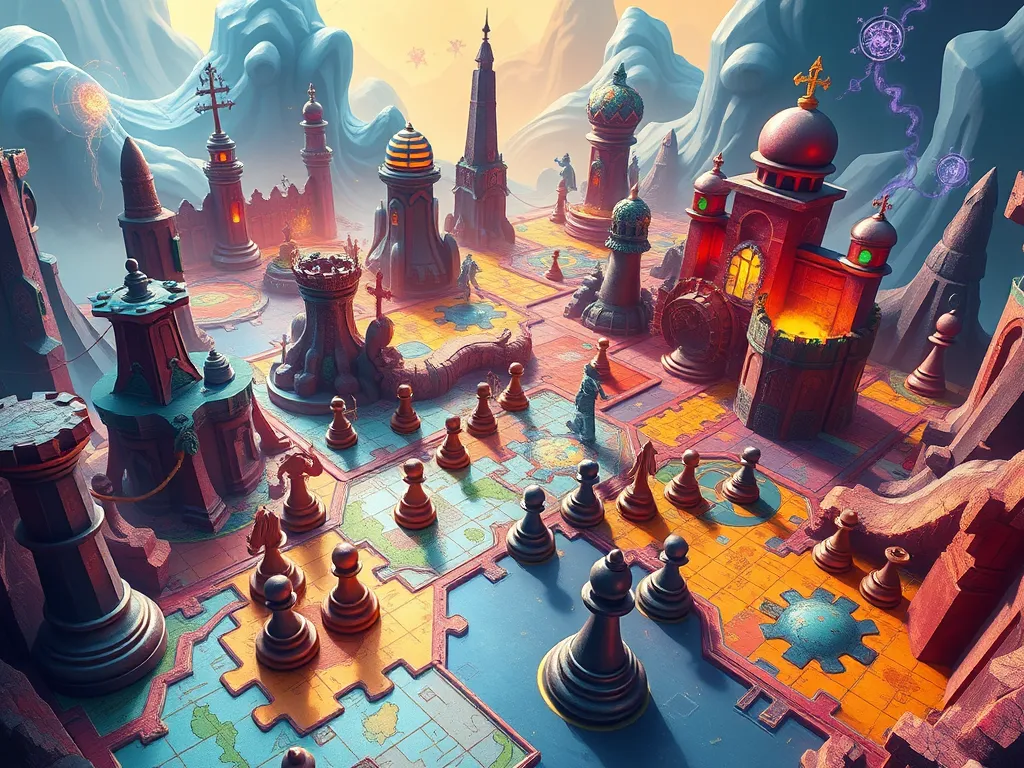Exploring the Best Multiplayer Hero Strategy Games

The World of Strategy Gaming
Strategy games have evolved dramatically over the years, growing from simple board game adaptations to complex, multiplayer experiences that challenge players to think critically, plan ahead, and adapt to ever-changing situations. The genre continues to attract millions of players worldwide who appreciate the intellectual challenge and social dynamics that these games offer.
What Makes a Great Strategy Game
The best strategy games share several key elements: deep gameplay mechanics that reward mastery, balanced competition that keeps matches exciting, meaningful choices that impact outcomes, and a community of engaged players who push each other to improve. Whether you prefer real-time strategy, turn-based tactics, or hero-based team games, the genre offers something for every type of gamer.
The Rise of Hero-Based Strategy
One of the most exciting developments in strategy gaming is the rise of hero-based mechanics. Games that allow players to choose unique characters with distinct abilities add a layer of personalization and depth to the strategic experience. Team composition becomes as important as individual skill, creating a rich metagame that evolves with each update and patch.
Building Community Through Competition
Competitive gaming has become a powerful force for building communities. Tournaments, leagues, and ranked play systems give players goals to strive for, while forums, streams, and social media create spaces for sharing knowledge and connecting with fellow enthusiasts. The social aspect of strategy gaming is often just as rewarding as the gameplay itself.
Looking Ahead
The future of strategy gaming is bright, with advances in AI, networking technology, and game design pushing the boundaries of what's possible. From cross-platform play to AI-powered opponents that adapt to your playstyle, the next generation of strategy games promises to be more immersive, accessible, and engaging than ever before.